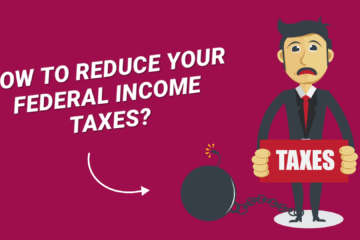What is New Roth 401? The new Roth 401(k) offers an important new investment option for many workers, but it is important to understand how this option works, and what makes it different both from the traditional 401(k) and from the Roth IRA.

In general, the Roth 401(k) is a great idea for those who expect their tax rate in retirement to be the same or higher than their current tax rate. That is because, while the contributions are not deductible from current taxes, the proceeds of the Roth 401(k) are not taxed when they are withdrawn.
This tax free growth can be quite attractive to many workers. This tax free withdrawal makes the Roth 401(k) similar to the Roth IRA, but the Roth 401(k) does not have the income limits of the Roth IRA, making it a particularly apt choice for high income earners.
There are a number of questions most workers will have about this new investment option, and we have tried our best to answer the most frequently asked questions, such as:
Also Read: What Is PLUS Student Loans?
What are the eligibility requirements for the Roth 401(k)?
Anyone whose employer offers such a program is eligible for it. Not all employers are expected to offer a Roth 401(k) option to their employers. While employers are free to offer a Roth 401(k) to their employees starting in 2006, they are not required to do so. If you are unsure if your employer will be offering such a plan, check with your Human Resources department.
What about the employer match?
Any employer matches will still be made using pretax dollars, and that match accumulates in a separate account. The money accumulated in this employer match account will be taxed as regular income when it is withdrawn, while the remainder of the Roth 401(k) will be free from taxation.
What about early withdrawals?
Early withdrawals from Roth 401(k) plans will be subject to the same rules as traditional 401(k) plans. Be sure to ask your Human Resources department for specific information about how and for what purpose 401(k) funds can be withdrawn and what penalties may apply.
What if I leave my employer?
Like a regular 401(k) plan, the proceeds from a Roth 401(k) can be rolled over. In the case of a Roth 401(k), the proceeds can be rolled into a Roth IRA.



0 Comments